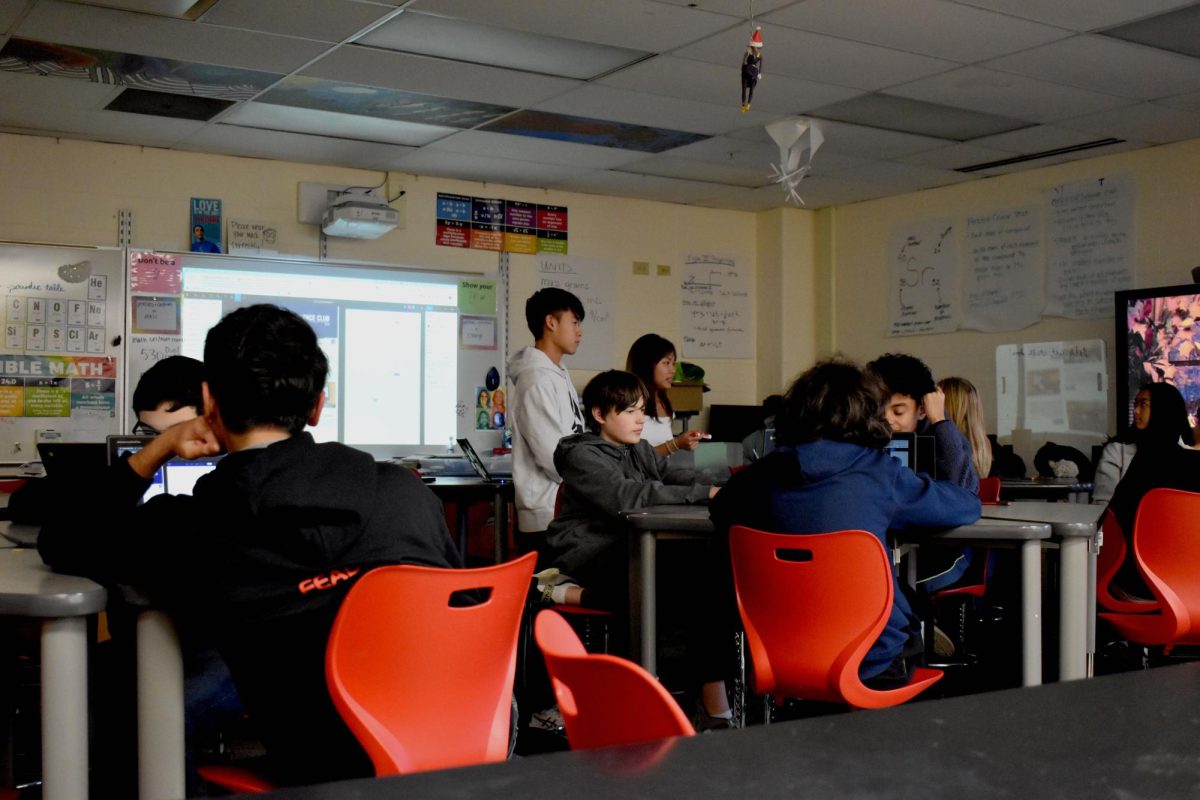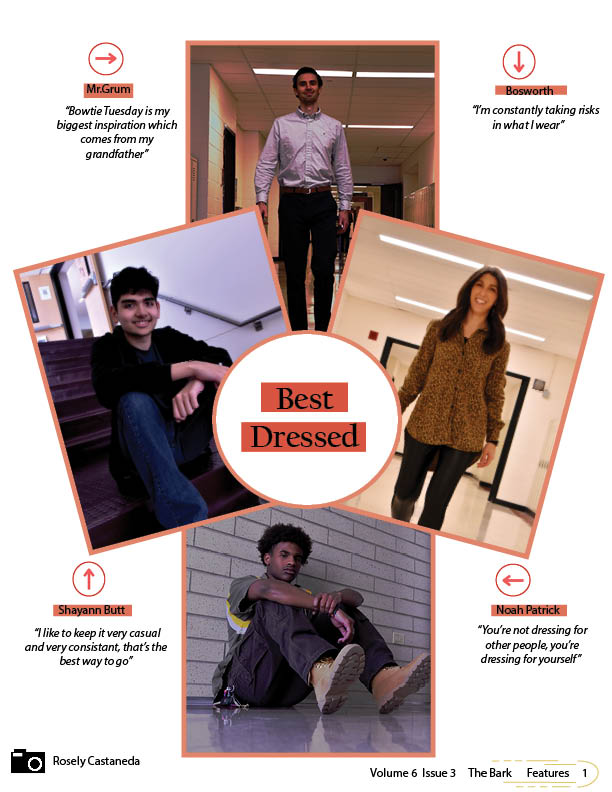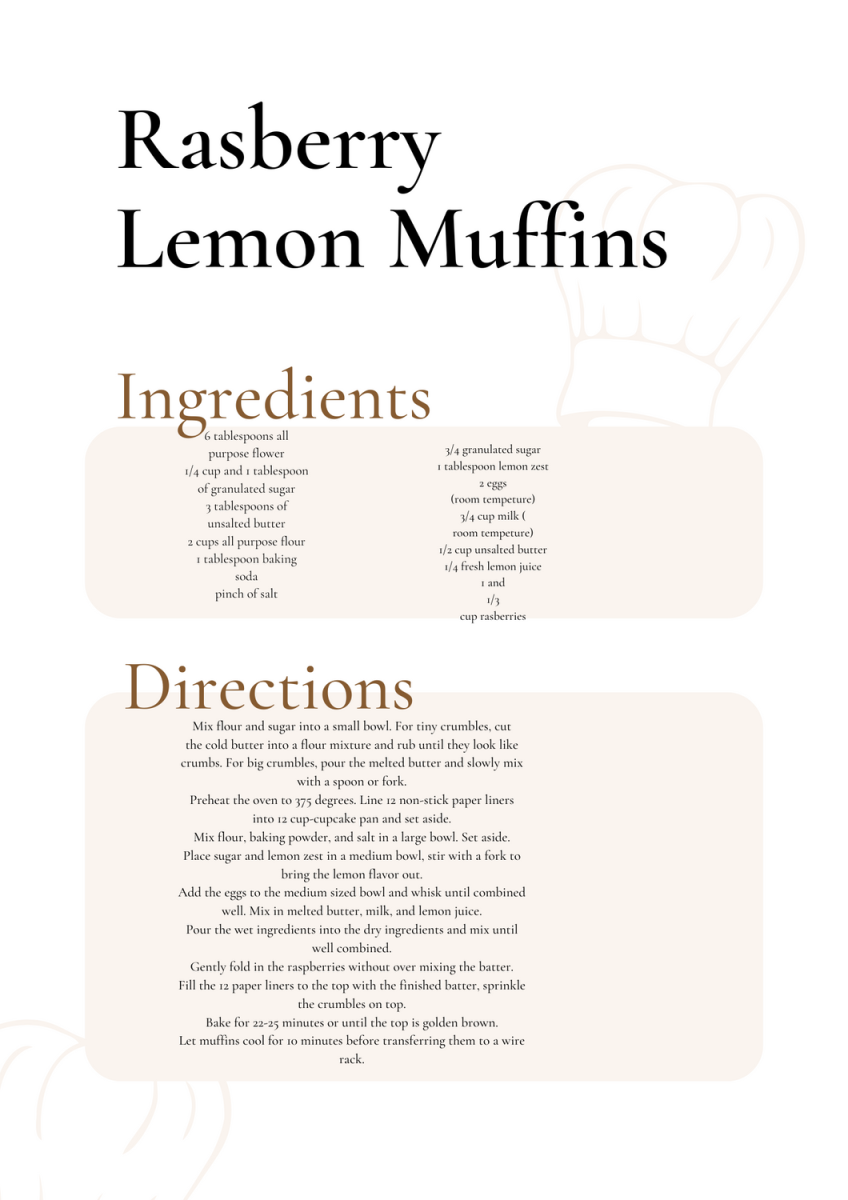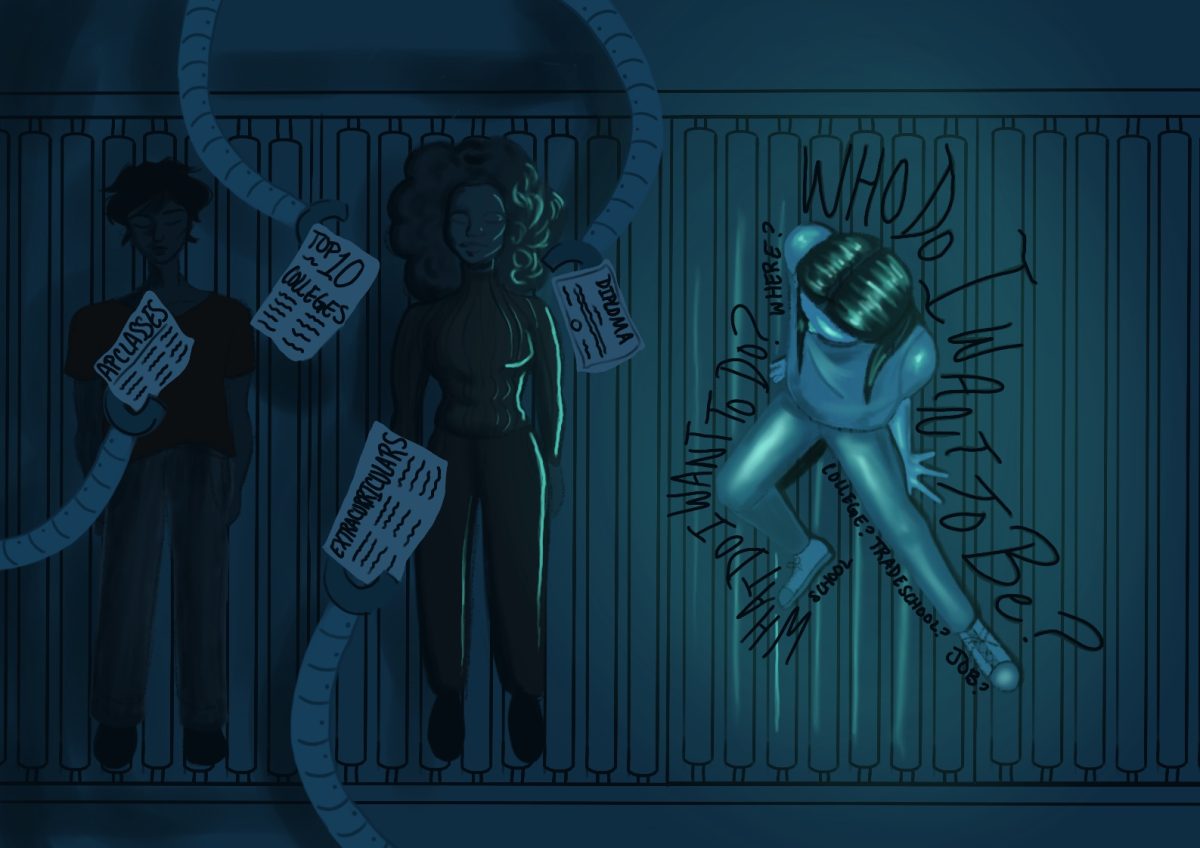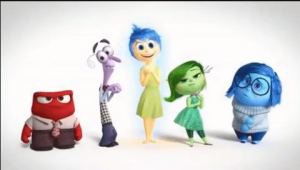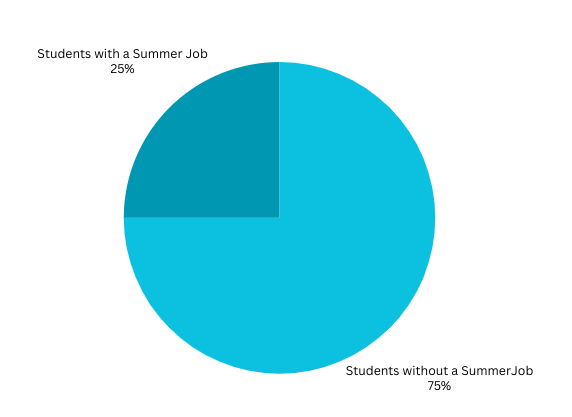Breaking the Gridlock
Enjoying content on social media is common, but what happens when your likes and swipes cause you to become ignorant of the other side?
In image: Joseph Casino(Front), Logan Blancett(left), and Aly Negovetich(right).
December 15, 2021
One of the most common past times people have is cruising through their social media being fed with content they enjoy. Algorithms are consistently updating so you are only being shown posts that best suit your tastes. While the idea of your social media feeds matching your interests makes the most sense because companies profit off it, people begin to become close-minded to what’s on the other side due to the lack of diversity in our scroll time. What happens when we begin to place ourselves inside an echo chamber.
Sure, no one wants to spend hours a day hearing the other side of the argument, especially when, to them, the argument is incorrect according to their morals or values. But sometimes it can be beneficial to understand both arguments so that when forming your own definite opinion you are not in the dark of what is actually happening on the other side. This may seem easy, but many people do not look deeper into topics when forming an opinion. The following steps are helpful when looking to form a more concrete opinion:
- Understand that your side is not the only side of the argument.
- Actively research and learn about the other side from reliable sources.
- Understand why the other side feels the way they do and further strengthen why you feel the way you do.
When these steps are followed thoroughly, your opinions will begin to be formed with stronger solidarity. Although reading and understanding the other side may seem pointless and possibly become more aggravating and annoying the more you read about a topic, these steps will prevent your opinion from becoming one-sided and surface level. This way you are not just disagreeing with the other side just to disagree, you are understanding why you dispute any given side. While research is being done it is okay to change your mind on where you stand on an issue, now you have learned the perspective of both sides and understand the depth of the topic making your opinion less biased and more objective.




